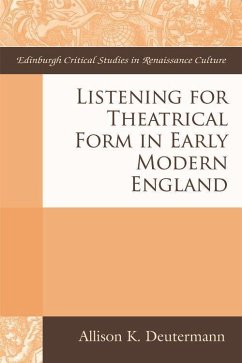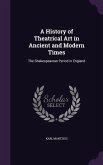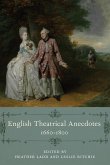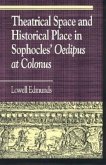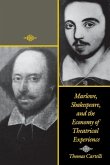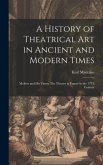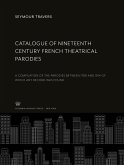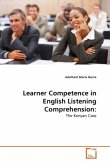*APPROVED* Edinburgh Critical Studies in Renaissance Culture Series Editor: Lorna Hutson 'The great merit of this book is that it ties the subject of sound to matters which are textually verifiable. While the sounds of the past may be difficult - even impossible - to recover, the evidence of how they were interpreted is not. Listening for Theatrical Form in Early Modern England links cultural history to formalist critical issues, engages with recent work on the senses and reflects the renewed interest in the aesthetic.' Neil Rhodes, University of St Andrews The first book to study the impact of hearing on the formal and generic development of early modern theatre Early modern drama was in fundamental ways an aural art form. How plays should sound and how they should be heard were questions vital to the formal development of early modern drama, and particularly to two of its most popular genres: revenge tragedy and city comedy. Simply put, theatregoers were taught to hear these plays differently. Revenge tragedies by William Shakespeare and Thomas Kyd imagine sound stabbing, piercing and slicing into listeners' bodies on and off the stage; while comedies by Ben Jonson and John Marston imagine it being sampled selectively and according to taste. Listening for Theatrical Form in Early Modern England traces the interconnected development of these two genres and auditory modes over six decades of commercial theatre history, combining surveys of the theatrical marketplace with focused attention to specific plays and to the non-dramatic literature that gives this interest in audition texture: anatomy texts, sermons, music treatises and manuals on rhetoric and poetics. Allison Deutermann is Assistant Professor in the Department of English, Baruch College, City University of New York. She is the co-editor of Formal Matters: Reading the Materials of English Renaissance Literature (2013). Cover image: Cover design: [EUP logo] edinburghuniversitypress.com ISBN 978-1-4744-1126-4 Barcode
Hinweis: Dieser Artikel kann nur an eine deutsche Lieferadresse ausgeliefert werden.
Hinweis: Dieser Artikel kann nur an eine deutsche Lieferadresse ausgeliefert werden.

